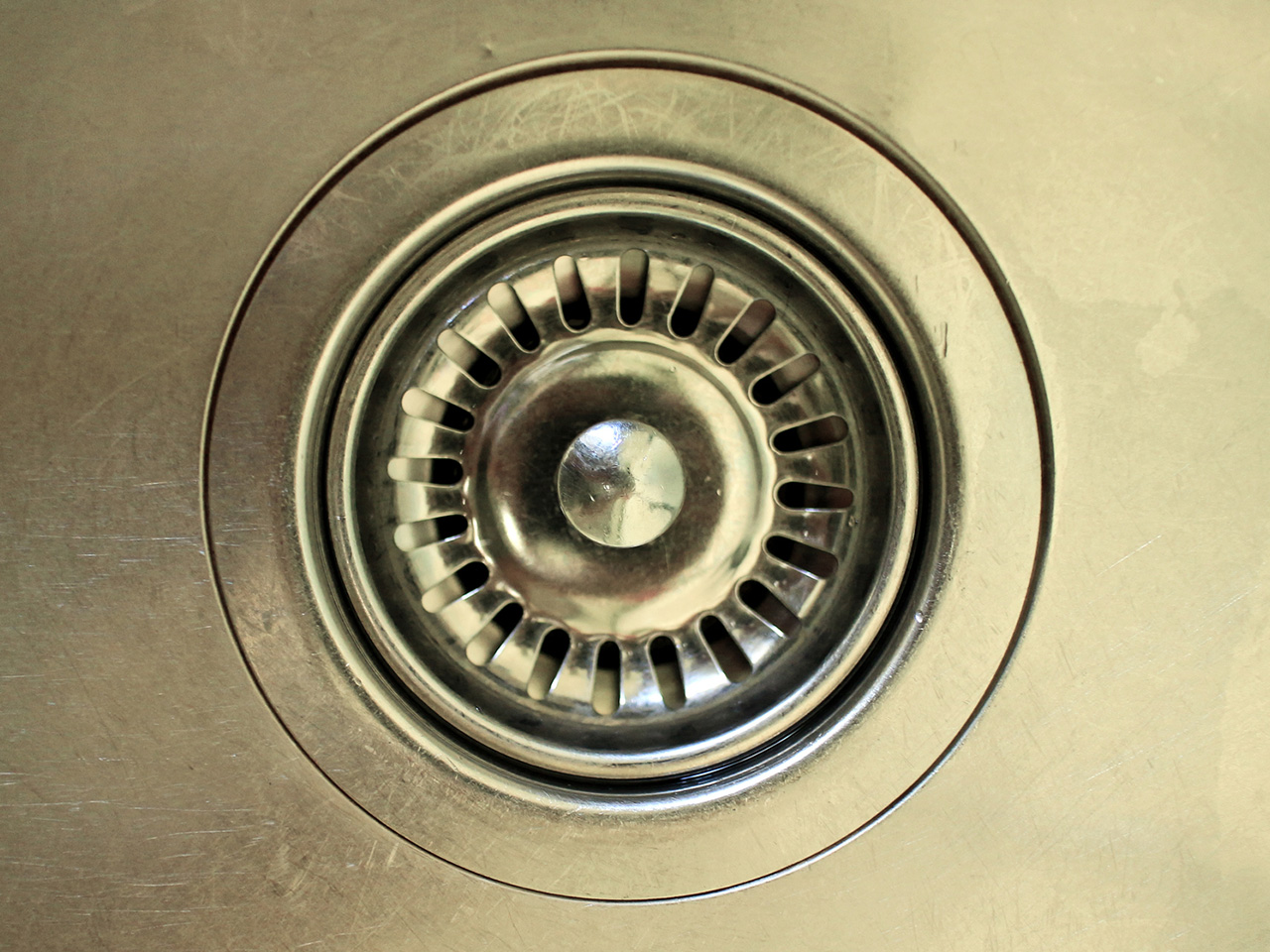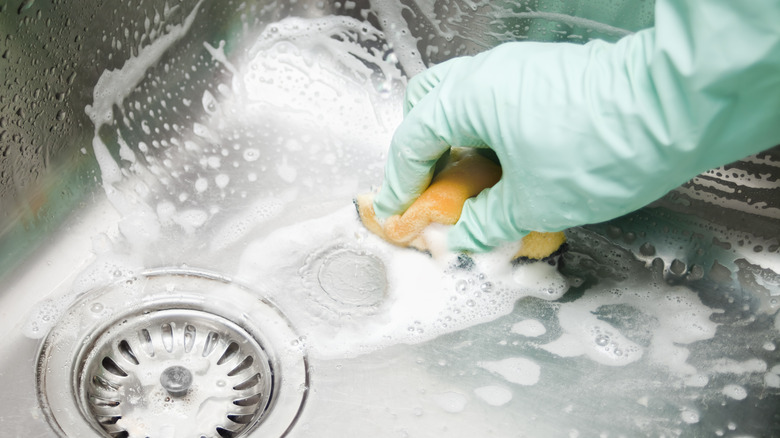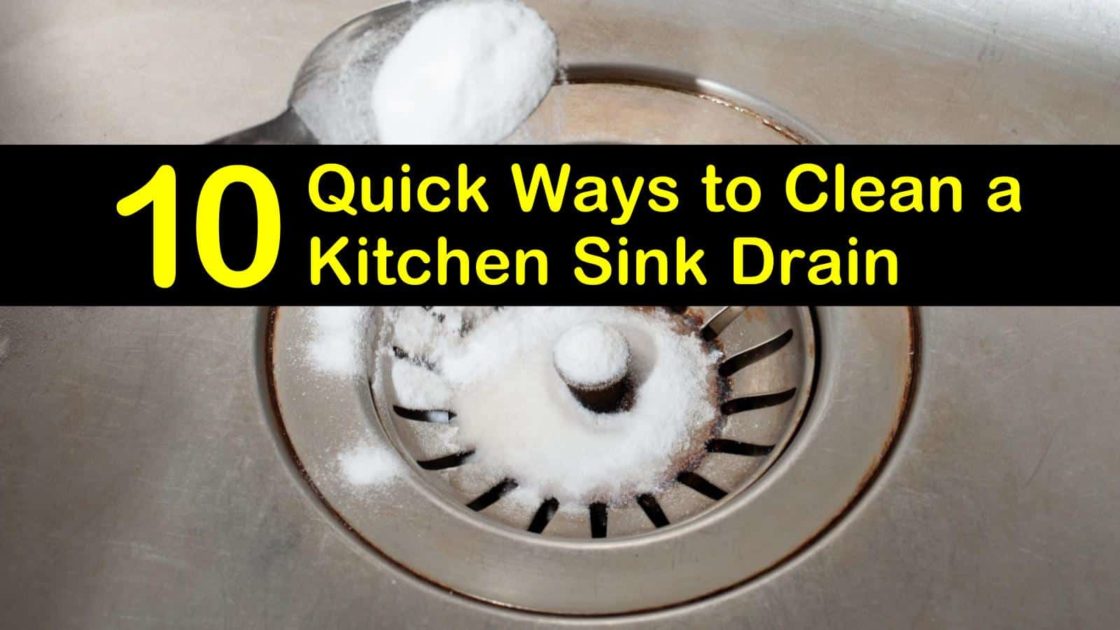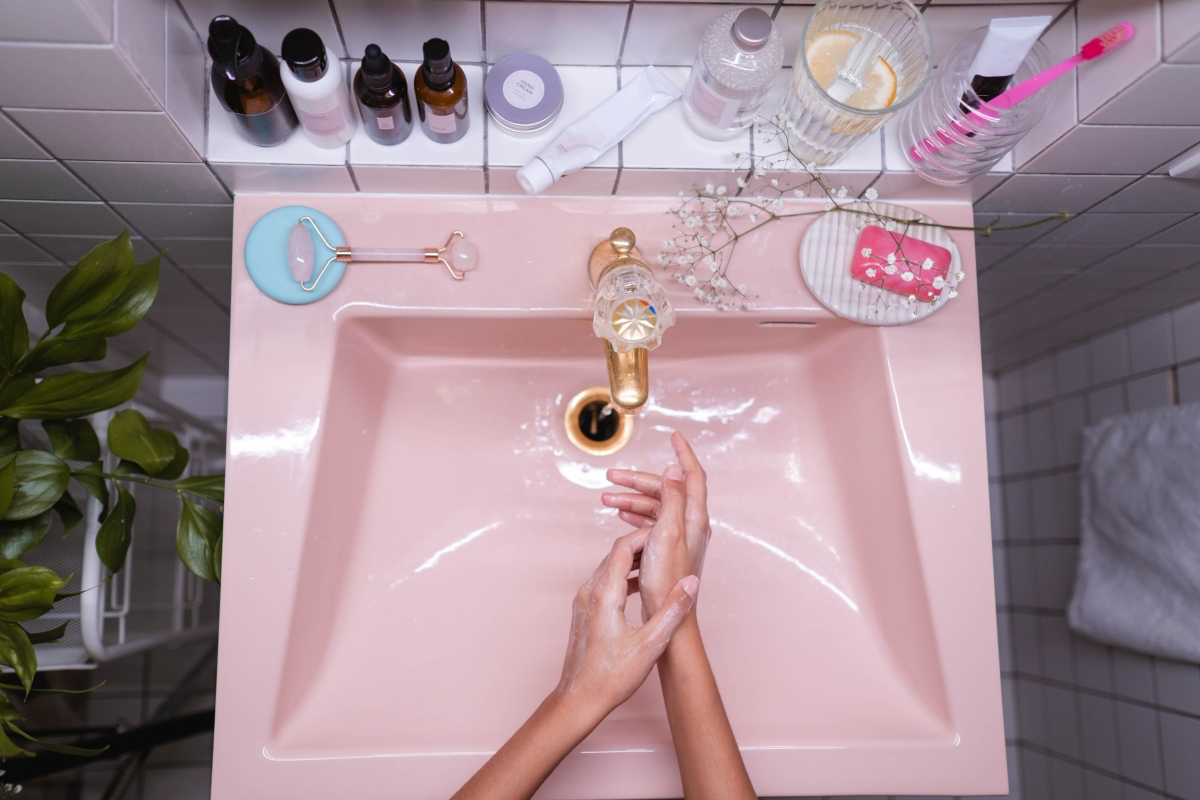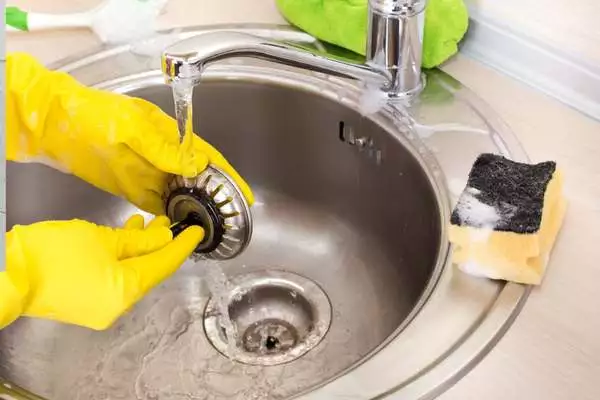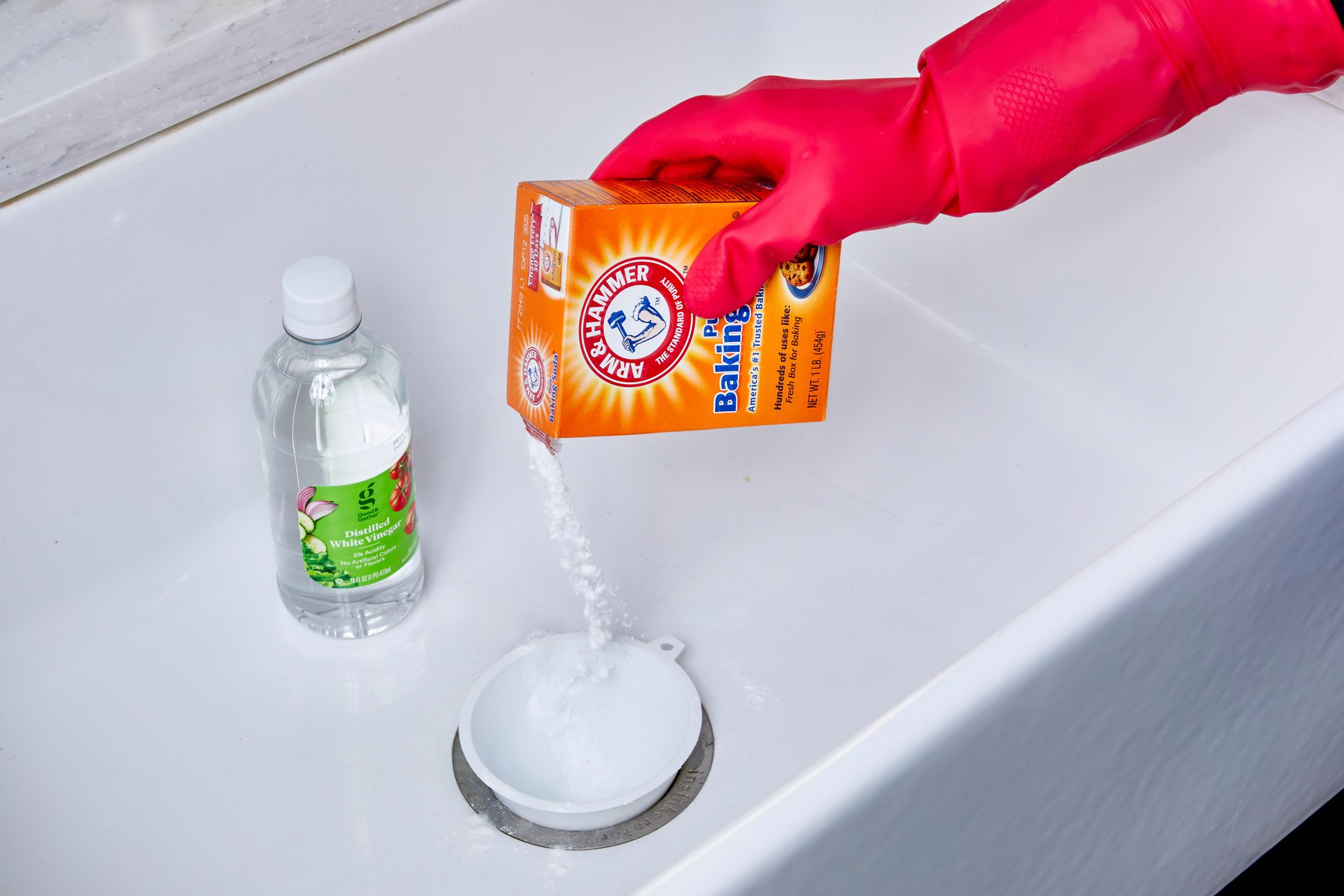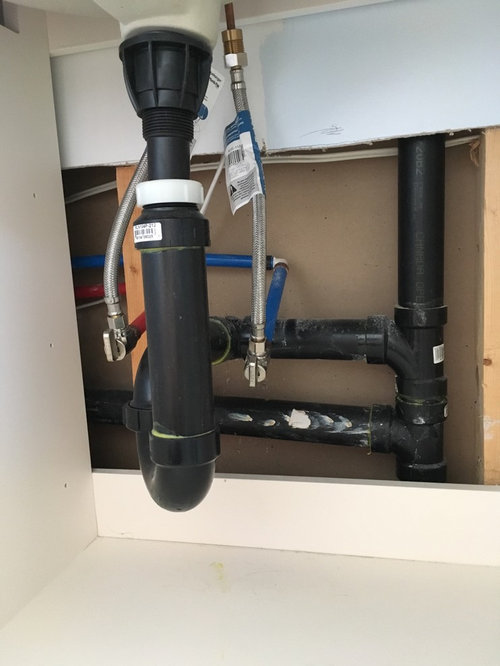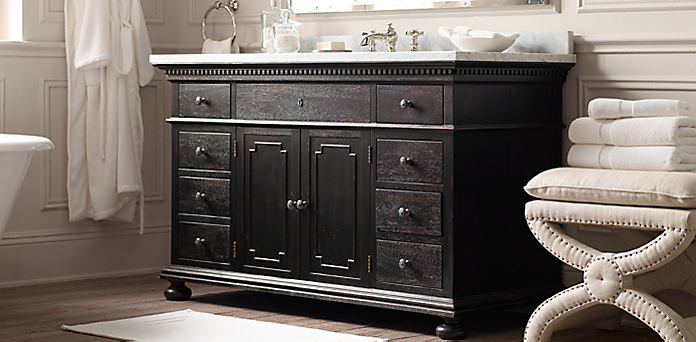Causes of Sewage Smell from Kitchen Sink Drain
If you're experiencing a foul sewage smell coming from your kitchen sink drain, you're not alone. This unpleasant odor is not only embarrassing but can also be a sign of a more serious plumbing issue. Before you can eliminate the smell, it's important to understand the possible causes.
One of the main causes of sewage smell from a kitchen sink drain is a clog in the drain pipe. This can be caused by food particles, grease, and other debris getting stuck in the pipe and decomposing, creating a foul odor.
Another common cause is a blocked or malfunctioning vent pipe. The vent pipe allows air to enter the plumbing system and helps release unpleasant odors. If this pipe is blocked, the sewage smell can get trapped and make its way into your kitchen through the sink drain.
Leaking or damaged sewer pipes can also lead to a sewage smell in your kitchen sink. If the pipes are cracked or damaged, sewer gas can escape and cause a foul odor. This is a more serious issue that requires professional repair.
Lastly, a dry P-trap can also be the culprit behind the sewage smell. The P-trap is a U-shaped pipe that traps water and prevents sewer gas from entering your home. If the water in the P-trap evaporates, the gases can escape, causing the unpleasant smell.
How to Get Rid of Sewage Smell from Kitchen Sink Drain
Now that you know the possible causes of sewage smell from your kitchen sink drain, let's discuss how to eliminate it. The solution will depend on the cause of the smell, so it's important to identify the issue before taking action.
If the smell is coming from a clog in the drain pipe, you can try using a plunger or a drain snake to clear the blockage. For more stubborn clogs, a mixture of baking soda and vinegar can help break down the debris. Let it sit for 15-20 minutes before flushing it with hot water.
If you suspect a blocked vent pipe, you can try using a plumbing snake or hiring a professional to clear it. In some cases, the vent pipe may need to be replaced if it's damaged or blocked beyond repair.
If the issue is a leaky or damaged sewer pipe, it's best to call a professional plumber to assess the situation and make necessary repairs. Attempting to fix this issue yourself can be dangerous and may cause more damage.
To fix a dry P-trap, simply pour a cup of water down the drain to refill the trap. This should eliminate the smell and prevent it from returning.
DIY Solutions for Sewage Smell from Kitchen Sink Drain
If you prefer to try DIY solutions before calling a professional, there are a few things you can do to eliminate the sewage smell from your kitchen sink drain.
First, try pouring a mixture of hot water and dish soap down the drain. This can help break down any buildup and eliminate the smell. You can also try pouring boiling water down the drain to flush out any debris.
Baking soda and vinegar can also be used as a DIY cleaner for your kitchen sink drain. Simply pour half a cup of baking soda down the drain, followed by half a cup of vinegar. Let it sit for 15-20 minutes before flushing it with hot water.
Another DIY solution is to use lemon juice and ice cubes. The acid in the lemon juice can help break down any buildup in the drain, while the ice cubes can act as a scrubber to remove debris.
Professional Solutions for Sewage Smell from Kitchen Sink Drain
If the DIY solutions don't work or if you're not comfortable attempting them yourself, it's best to call a professional plumber. They have the necessary tools and expertise to identify and fix the underlying issue causing the sewage smell.
A professional plumber may use a sewer camera to inspect the pipes and identify any clogs or damage. They may also use hydro jetting to clear stubborn clogs and remove buildup from the pipes.
In some cases, the plumber may recommend replacing the P-trap or vent pipe to prevent future issues with sewage smell.
Common Mistakes that Cause Sewage Smell from Kitchen Sink Drain
When dealing with a sewage smell from your kitchen sink drain, it's important to avoid making common mistakes that can worsen the problem.
One mistake to avoid is using chemical drain cleaners. These can actually damage your pipes and make the issue worse. They also only temporarily mask the smell rather than addressing the underlying cause.
Another mistake is ignoring the issue and hoping it will go away on its own. The longer you wait, the worse the problem can become and the more expensive the repairs may be.
Lastly, attempting to fix a serious plumbing issue yourself can be dangerous and may cause further damage. It's best to leave these types of repairs to a professional plumber.
Preventing Sewage Smell from Kitchen Sink Drain
The best way to deal with a sewage smell from your kitchen sink drain is to prevent it from happening in the first place. Here are a few tips to keep your drain smelling fresh and clean:
- Avoid pouring grease, oil, and food scraps down the drain.
- Use a drain strainer to catch food particles before they go down the drain.
- Regularly clean your kitchen sink and drain with a mixture of baking soda and vinegar.
- Flush your drain with hot water and dish soap once a week.
- Have your plumbing system inspected and maintained regularly by a professional.
Signs of a More Serious Issue with Sewage Smell from Kitchen Sink Drain
While a sewage smell from your kitchen sink drain can be a nuisance, it can also be a sign of a more serious issue. If you notice any of the following signs, it's important to call a professional plumber right away:
- Slow draining or standing water in the sink.
- Gurgling sounds coming from the drain.
- Multiple drains in your home are clogged or slow draining.
- Sewage smell coming from other drains or toilets in your home.
These signs can indicate a blockage or damage in the main sewer line, which requires immediate attention from a professional plumber.
How to Clean and Maintain Kitchen Sink Drain to Avoid Sewage Smell
Regular cleaning and maintenance of your kitchen sink drain can help prevent a sewage smell from developing. Here are some tips to keep your drain clean and odor-free:
- Once a week, pour hot water and dish soap down the drain to break down any buildup.
- Use a mixture of baking soda and vinegar to clean and deodorize your drain.
- Avoid pouring grease, oil, and food scraps down the drain.
- Use a drain strainer to catch food particles before they go down the drain.
- Have your plumbing system inspected and maintained regularly by a professional.
Products to Use for Eliminating Sewage Smell from Kitchen Sink Drain
In addition to the DIY solutions mentioned earlier, there are also several products available to eliminate sewage smell from your kitchen sink drain. These include:
- Enzyme-based drain cleaners that break down organic matter and eliminate odors.
- Biological drain cleaners that use beneficial bacteria to digest organic material and remove odors.
- Odor-neutralizing sprays that can be used on the sink drain and surrounding area.
- Scented drain deodorizers that can be placed in the drain to mask any unpleasant odors.
When to Call a Professional for Sewage Smell from Kitchen Sink Drain
If you've tried DIY solutions and the sewage smell persists, it's best to call a professional plumber. They have the experience and tools to properly diagnose and fix the issue, ensuring it doesn't return.
You should also call a professional if you notice any of the signs of a more serious issue mentioned earlier. Ignoring these signs can lead to costly and extensive repairs in the future.
In conclusion, a sewage smell from your kitchen sink drain can be a sign of a variety of issues. It's important to identify the cause and take the necessary steps to eliminate the smell and prevent it from coming back. Regular cleaning and maintenance of your kitchen sink drain can help keep it smelling fresh and clean. If the issue persists, don't hesitate to call a professional plumber for assistance.
The Importance of Proper Plumbing in House Design

Preventing Sewage Smells from Kitchen Sink Drains
:max_bytes(150000):strip_icc()/sink-pipe-under-wash-basin-119001607-6f28aec4c66944efb7a9a38cb622ab8b.jpg) When designing a house, one of the most important considerations is the plumbing system. This system is responsible for bringing in clean water and removing wastewater from the household. However, if not properly designed, installed, and maintained, it can lead to unpleasant sewage smells coming from the kitchen sink drain.
Sewage smell from kitchen sink drain
is a common issue that many homeowners face. This foul odor can be caused by a buildup of organic matter, such as food particles, grease, and soap scum, in the pipes. It can also be a sign of a more serious problem, such as a broken or blocked sewer line. Regardless of the cause, it is important to address this issue promptly to not only get rid of the unpleasant smell but also prevent potential health hazards.
One of the main reasons for
sewage smell from kitchen sink drain
is an improper venting system. Vents are essential in allowing air to flow through the drainage system, preventing negative air pressure that can cause odors to be pulled up from the sewer line. Without proper ventilation, the wastewater can become stagnant and emit a foul smell. This is why it is crucial to have a professional plumber assess and install the proper venting system during the house design phase.
Another important aspect to consider is the slope of the pipes. The drainage pipes should be angled in a way that allows water and waste to flow freely towards the main sewer line. If the slope is too steep, it can cause the water to move too quickly, leaving debris behind and creating blockages. On the other hand, if the slope is too gentle, the water may not flow properly, leading to stagnant water and unpleasant smells. It is important to consult with a professional plumber to determine the ideal slope for the pipes in your house design.
Regular maintenance and cleaning of the plumbing system are also crucial in preventing
sewage smell from kitchen sink drain
. A buildup of debris and grease can lead to clogs and blockages, causing the water to back up and emit a foul odor. Regularly cleaning the pipes and using natural cleaning solutions, such as baking soda and vinegar, can help prevent these issues.
In conclusion, proper plumbing is essential in house design to prevent unpleasant smells from permeating through the kitchen sink drain. It is important to have a professional plumber assess and install the proper venting system, ensure the correct slope of the pipes, and regularly maintain and clean the plumbing system. By taking these measures, you can enjoy a fresh and odor-free kitchen sink drain.
When designing a house, one of the most important considerations is the plumbing system. This system is responsible for bringing in clean water and removing wastewater from the household. However, if not properly designed, installed, and maintained, it can lead to unpleasant sewage smells coming from the kitchen sink drain.
Sewage smell from kitchen sink drain
is a common issue that many homeowners face. This foul odor can be caused by a buildup of organic matter, such as food particles, grease, and soap scum, in the pipes. It can also be a sign of a more serious problem, such as a broken or blocked sewer line. Regardless of the cause, it is important to address this issue promptly to not only get rid of the unpleasant smell but also prevent potential health hazards.
One of the main reasons for
sewage smell from kitchen sink drain
is an improper venting system. Vents are essential in allowing air to flow through the drainage system, preventing negative air pressure that can cause odors to be pulled up from the sewer line. Without proper ventilation, the wastewater can become stagnant and emit a foul smell. This is why it is crucial to have a professional plumber assess and install the proper venting system during the house design phase.
Another important aspect to consider is the slope of the pipes. The drainage pipes should be angled in a way that allows water and waste to flow freely towards the main sewer line. If the slope is too steep, it can cause the water to move too quickly, leaving debris behind and creating blockages. On the other hand, if the slope is too gentle, the water may not flow properly, leading to stagnant water and unpleasant smells. It is important to consult with a professional plumber to determine the ideal slope for the pipes in your house design.
Regular maintenance and cleaning of the plumbing system are also crucial in preventing
sewage smell from kitchen sink drain
. A buildup of debris and grease can lead to clogs and blockages, causing the water to back up and emit a foul odor. Regularly cleaning the pipes and using natural cleaning solutions, such as baking soda and vinegar, can help prevent these issues.
In conclusion, proper plumbing is essential in house design to prevent unpleasant smells from permeating through the kitchen sink drain. It is important to have a professional plumber assess and install the proper venting system, ensure the correct slope of the pipes, and regularly maintain and clean the plumbing system. By taking these measures, you can enjoy a fresh and odor-free kitchen sink drain.




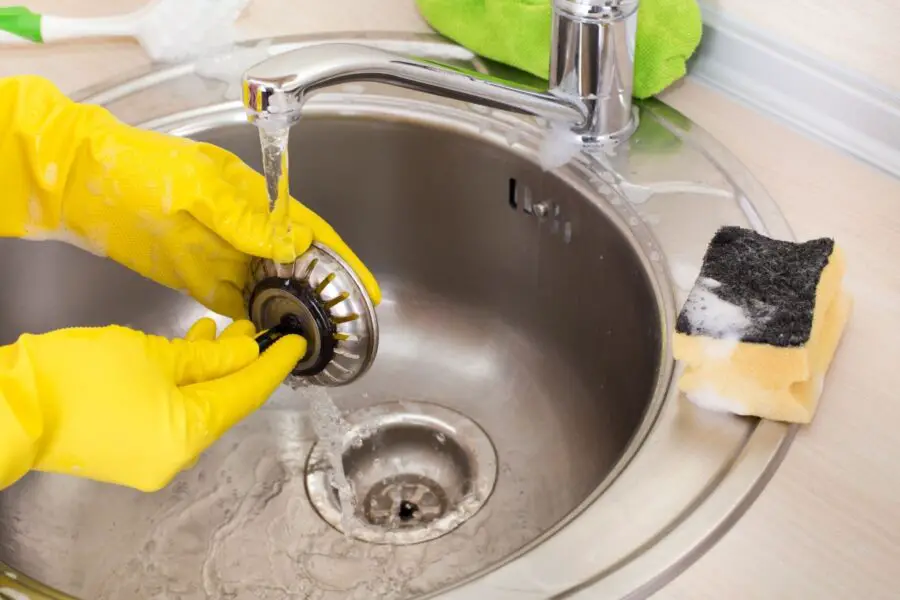
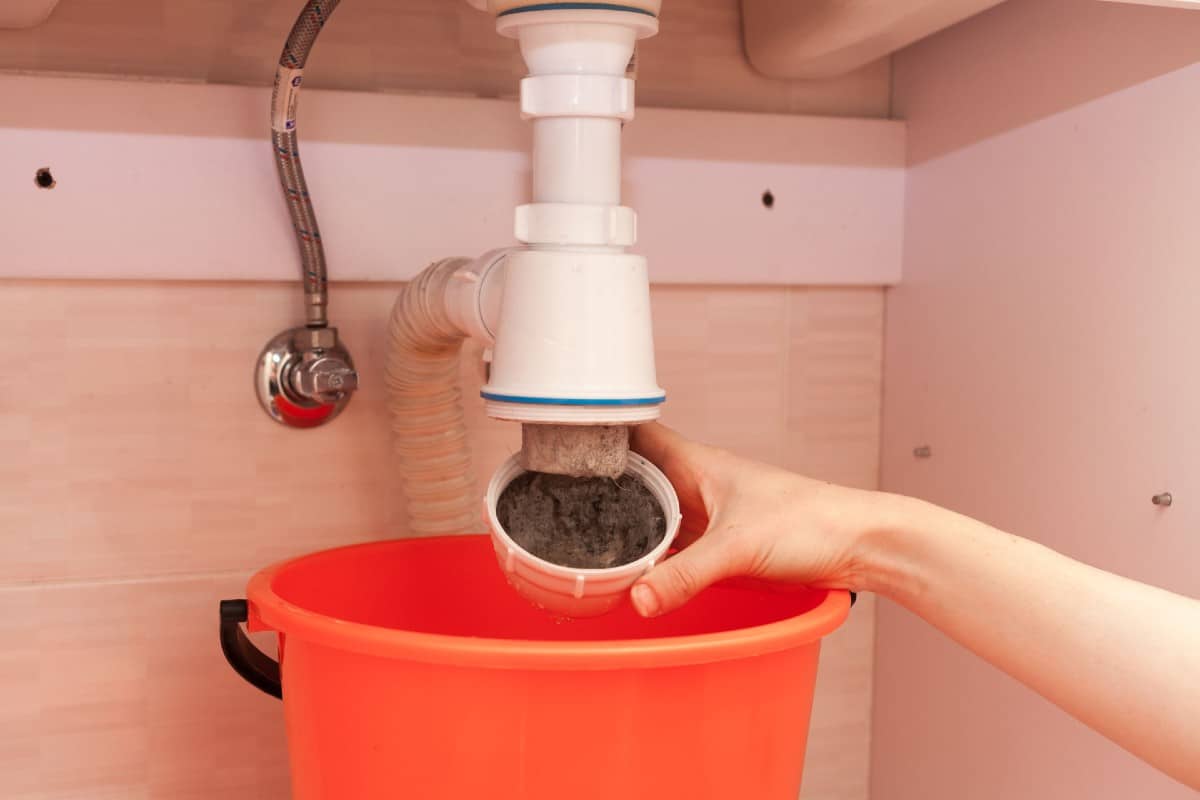

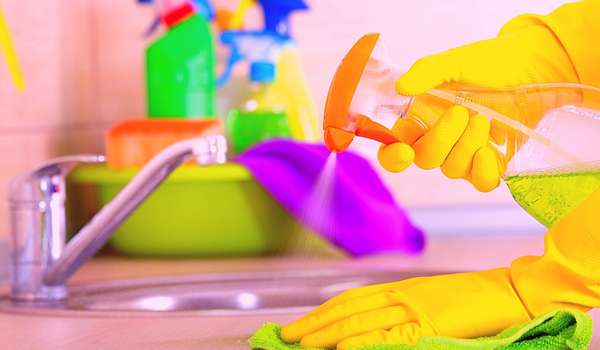
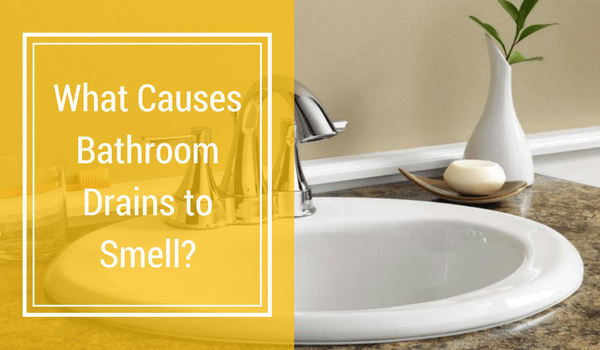






:max_bytes(150000):strip_icc():format(webp)/why-does-my-kitchen-sink-smell-like-sewage-4707719_01-2030e27351fe4c6c9e1d94145dbbe30a.jpg)


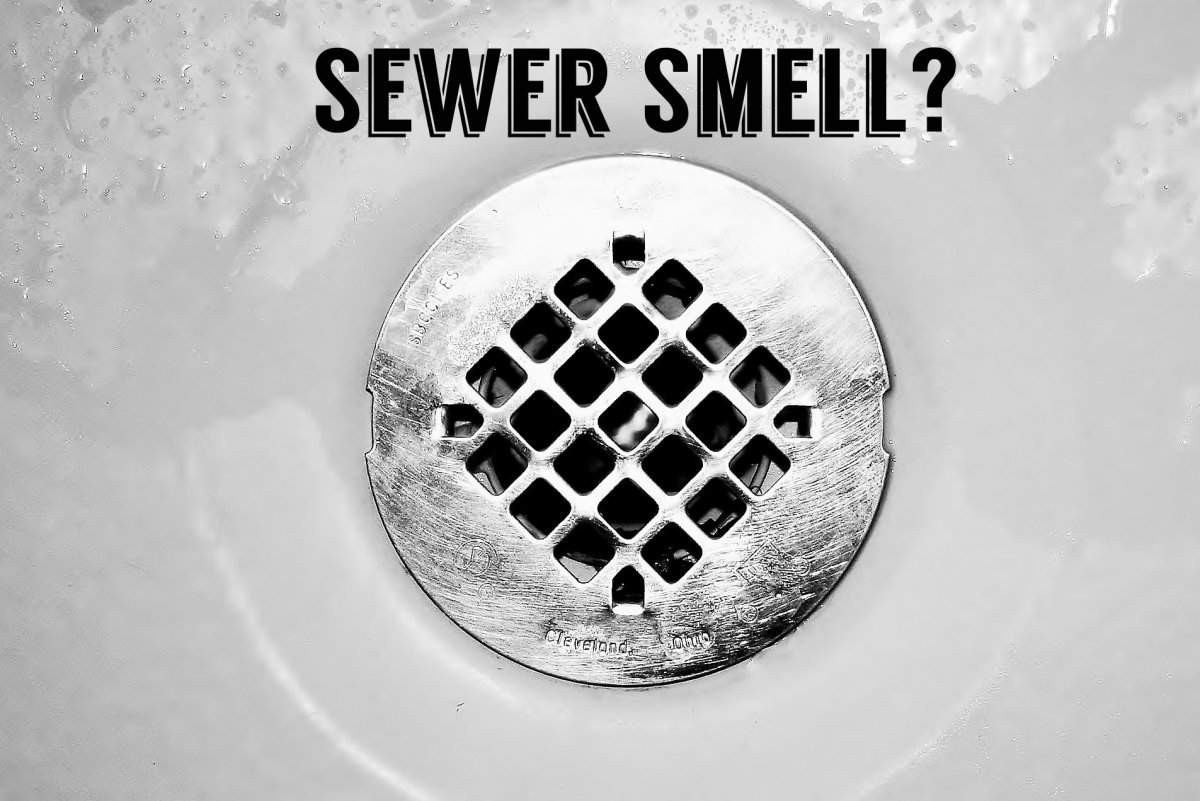


:max_bytes(150000):strip_icc()/why-does-my-kitchen-sink-smell-like-sewage-4707719_06_Citrus-Peels-Ice-and-Salt-9013424033674901bb333de977aae138.jpg)




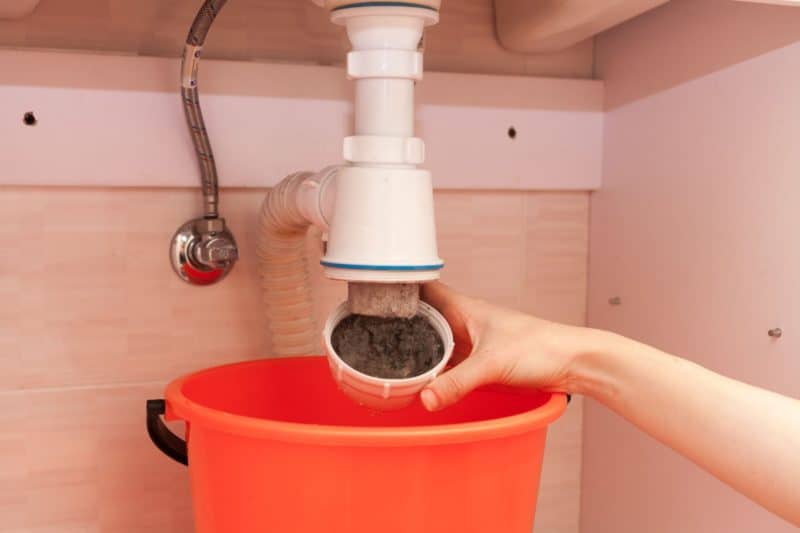
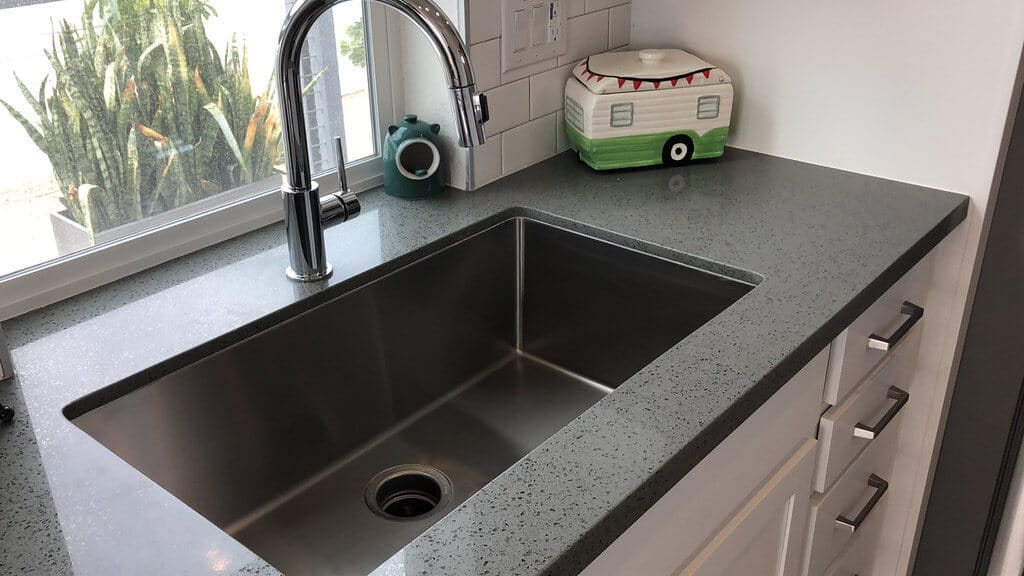



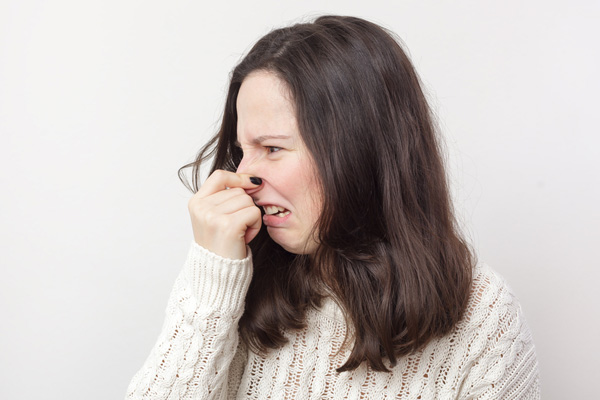






/GettyImages-867488334-131da7fa96df49c887cfb0a1aa3166b8.jpg)
:max_bytes(150000):strip_icc()/sink-pipe-under-wash-basin-119001607-6f28aec4c66944efb7a9a38cb622ab8b.jpg)
:max_bytes(150000):strip_icc()/why-does-my-kitchen-sink-smell-like-sewage-4707719_07_SewerSmells-4d372c293f71488f885015d929ddcd4f.jpg)
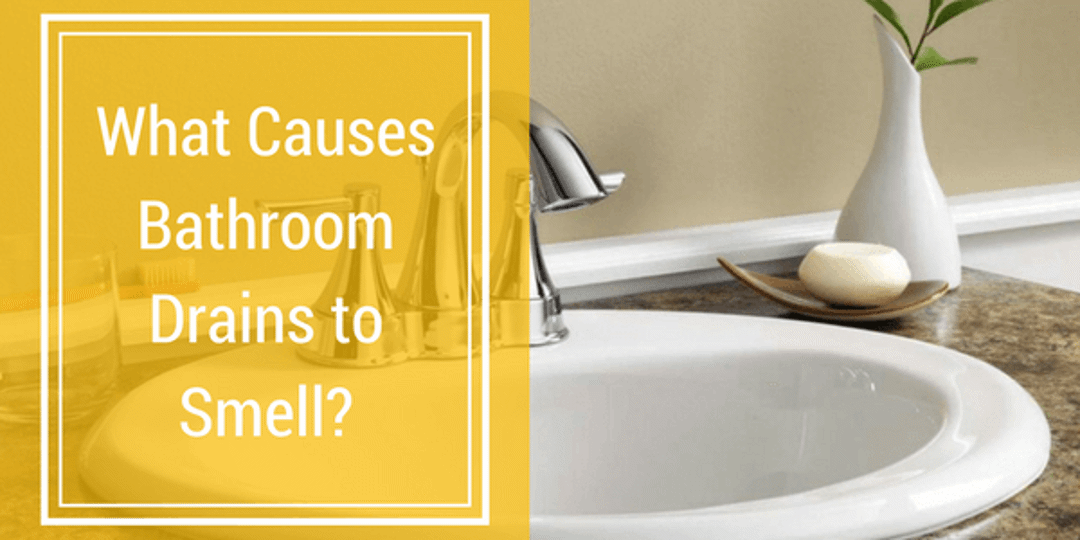


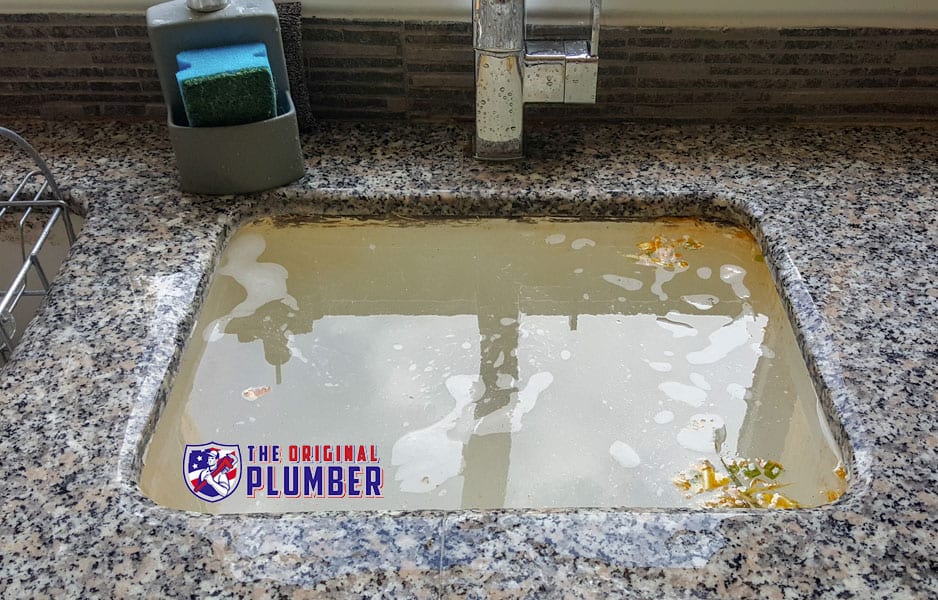
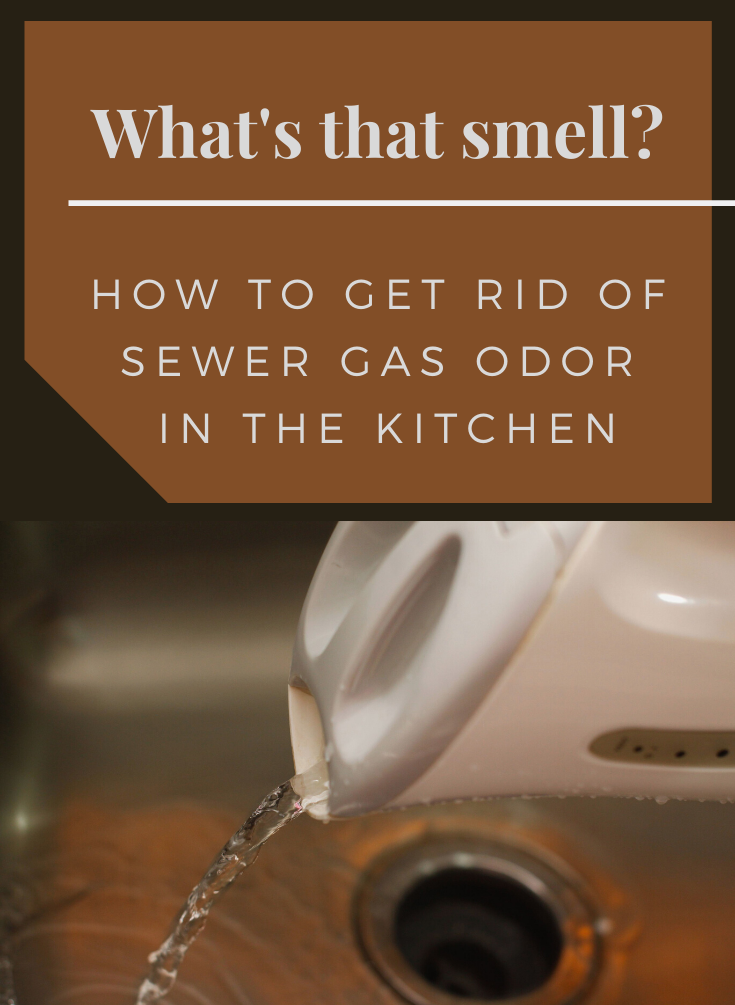

.png)
